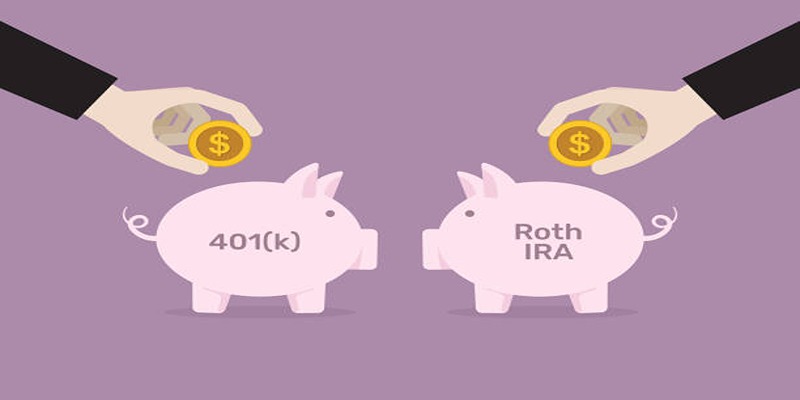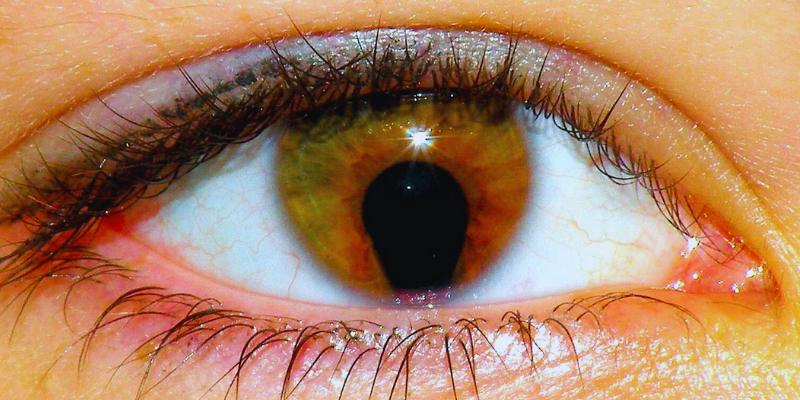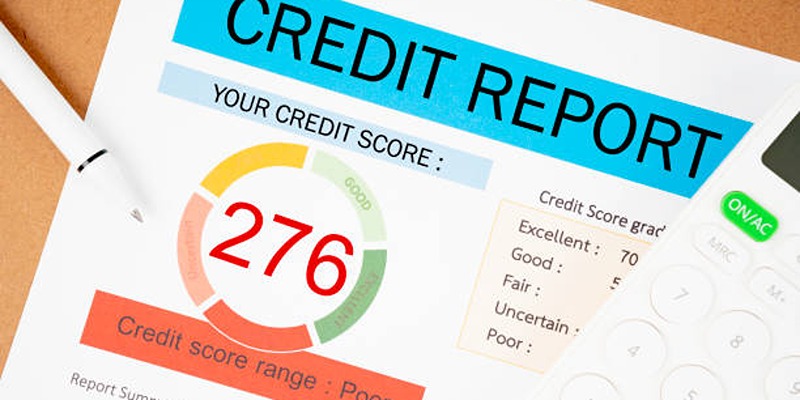Is It Possible To Lose Weight With Exercise Alone?
Can you hit your weight-loss goals just by exercising? Many people think exercise alone is the answer to losing weight, but the reality is more complicated. While exercise is a key part of a healthy lifestyle, its only one piece of the puzzle. Weight loss is influenced by many factors, including diet, sleep, and stress levels. In this article, well explore how exercise helps with weight loss, how it compares to other factors, and whether or not its enough on its own. So, without further ado, lets jump right in.
How Does Exercise Contribute to Weight Loss?
Burning Calories Through Physical Activity
Exercise helps you burn calories, which is essential for weight loss. When you engage in physical activities, your body uses energy, leading to calorie burn. The more intense the activity, the more calories you burn. Whether its walking, running, or cycling, every movement adds to your calorie expenditure. If you burn more calories than you consume, your body starts to use stored fat for energy, leading to weight loss.
Types of Exercises for Weight Loss
Cardio exercises like running, cycling, and swimming are great for burning calories. Strength training, such as weight lifting, helps build muscle, which can increase your metabolism. High-intensity interval training (HIIT) combines short bursts of intense activity with rest and is known for burning a lot of calories in a short time. Each type of exercise plays a role in weight loss (and overall health).
The Role of Consistency in Exercise
Consistency is important for weight loss. Working out regularly helps maintain a calorie deficit (burning more calories than you eat). Sticking to a routine is key, even if you dont see immediate results. Over time, regular exercise boosts metabolism, helps build muscle, and keeps your body burning calories efficiently. The more consistent you are, the better your chances of losing weight and keeping it off.
Why Exercise Alone May Not Be Enough
The Impact of Diet on Weight Loss
Exercise is important for weight loss, but diet plays a bigger role. Weight loss happens when you burn more calories than you consume. If you exercise but eat too many calories, you might not lose weight. A healthy diet with the right balance of calories, nutrients, and portion control is key. Eating nutritious foods like fruits, vegetables, and proteins while avoiding excess sugar and fats will support your weight loss goals. Without proper diet management, exercise alone cant guarantee weight loss.
Overestimating Calories Burned
People often think they burn more calories than they actually do during exercise, leading them to overeat afterwards. For example, someone might treat themselves to a large snack after a workout, thinking they burned off many calories, but the reality is often different. This can make it harder to lose weight. Tracking your food intake and being aware of portion sizes is as essential as exercise (and maybe even more!). You dont want to gain all the extra calories you just lost after working out.
Other Factors That Influence Weight Loss
Weight loss is also affected by factors like genetics, metabolism, and lifestyle habits. Some people have a faster metabolism, which makes it easier for them to burn calories. Others might find it more challenging to lose weight due to their genes (or metabolism). Lifestyle habits, such as sleep quality and stress levels, also impact weight loss. For example, poor sleep can lead to hunger and overeating, while stress can trigger emotional eating. Weight loss is not just about exerciseits a combination of many factors that must be managed together for the best results.
Benefits of Exercise Beyond Weight Loss
Improving Cardiovascular Health

Exercise helps improve heart health by strengthening the heart and increasing endurance. Regular physical activity can reduce the risk of heart disease by improving blood circulation, lowering blood pressure, and helping maintain healthy cholesterol levels. Activities like walking, running, swimming, and cycling are great for the heart, improving overall cardiovascular health. Exercise can also help prevent heart attacks, strokes, and other cardiovascular problems.
Boosting Mental Well-Being
Exercise is not just good for the body. Its good for the mind, too. Physical activity can reduce stress, anxiety, and symptoms of depression by releasing endorphins, the bodys natural mood boosters. Regular exercise can help improve sleep quality, boost energy levels, and reduce feelings of fatigue. It also improves cognitive function and focus, making you feel more clear-headed and productive.
Building Strength and Toning Muscles
Exercise, especially strength training, helps build and tone muscles. Gaining lean muscle mass boosts metabolism, helping you burn more calories even when at rest. It also helps improve posture, balance, and flexibility. Stronger muscles can reduce the risk of injuries and improve your ability to perform everyday tasks. Whether lifting weights or doing bodyweight exercises like push-ups and squats, building muscle is key to a balanced fitness routine and plays a vital role in maintaining an active, healthy lifestyle.
Practical Tips for Weight Loss Success
Setting Realistic Weight-Loss Goals
Set a realistic weight-loss goal to stay motivated and on track. Rather than aiming for rapid weight loss, focus on making small (and achievable) changes. Aiming to lose about 1-2 pounds per week is a safe and realistic goal. Break your larger goal into smaller milestones to make it easier to track progress. For example, if your goal is to lose 20 pounds, focus on losing 5 pounds at a time. Keep track of your achievements besides just the scale (like how your old clothes start fitting you again). Setting goals you can realistically meet helps you stay motivated and feel accomplished.
Staying Motivated on Your Journey
Staying motivated throughout your weight loss journey can be tough, but its important to keep going. Tracking your progress is a great way to stay motivated. Use a journal or an app to track your meals, workouts, and weight changes. Dont forget to celebrate small victories, like reaching a workout milestone or fitting into your favorite pair of jeans. Reward yourself for progress with something meaningful that doesnt hurt your progress (like a fun activity). Surround yourself with a support system like friends, family, and online communities. Not only will they encourage you, theyll also keep you accountable. This will help you stay motivated and focused on your goals.
Wrapping It Up

Exercise alone may not be enough for weight loss. But when you pair it with a balanced diet and some healthier habits, you can expect to achieve your weight goals that you set for New Years resolution. Eat whole foods like fruits, vegetables, lean proteins, etc. Reduce processed foods, sugary drinks, and unhealthy snacks. Eat smaller, more frequent meals throughout the day. Drink plenty of water and make sure to control portion sizes. The right balance between exercise and diet will help you lose weight in a healthy and sustainable way.












